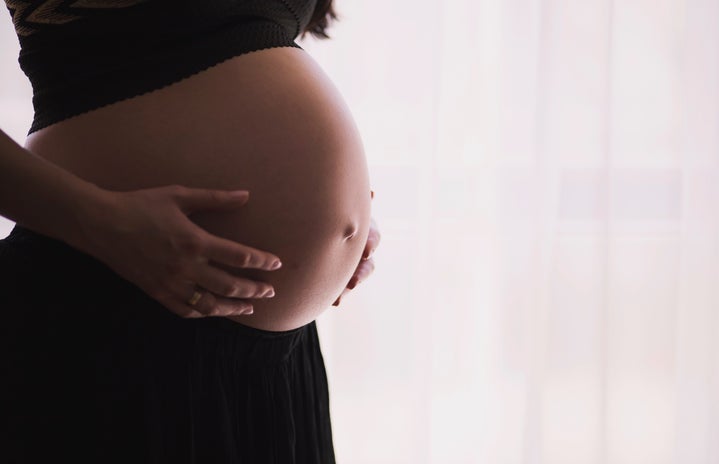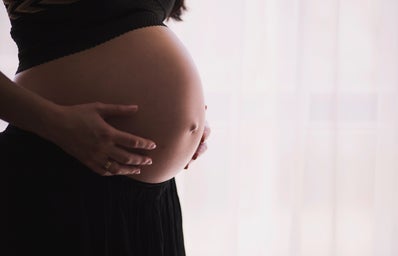Warning: this article discusses miscarriages and stillbirths.
New Zealand recently passed a bill granting three days of automatic paid leave to parents after a miscarriage or stillbirth. This is one of the first bills of its kind and makes important strides in work-related rights. A stillbirth or miscarriage causes significant physical and emotional repercussions, most significantly for the person who was pregnant, and it’s crucial that the parents have time to heal without having to worry about financial repercussions or losing their jobs. Something important to note is that this leave includes both parents. This distinction is relevant not only for the parents to mourn and do so together, but similar leaves that include both parents have important social consequences that are crucial in developing a more equitable world.
Paid parental leave following a child lost, born, or adopted is a fundamental aspect of workers’ rights in relation to family development, and the lack of adequate parental leave for both parents sets leading countries back in social equality and individual rights. Most specifically, the lack of paid parental leave for both parents following a child’s birth or adoption is a key factor that sets the United States behind not only from a workplace rights perspective, but also has significant social impacts regarding the gendered attitudes towards childcare and housework. Iceland is rated number one in the world for women’s rights in the workplace. As of 2020 in Iceland, both parents receive three months of paid parental leave, with three extra paid months split between the couple, following childbirth or adoption. This compensation leaves nine months in total for the couple. In the United States, in contrast, parental leave is typically unpaid for only twelve weeks, unless specified as paid by individual employers. Not only is this a very short period for the child-bearer to recover physically, but oftentimes, at least one parent, if not both, cannot afford to even take this much time off because of the lack of compensation during this time.
Despite the obvious physical and financial burden that unpaid leave causes for the family, this unequal and short parental leave has prominent social consequences as a result. In Iceland, because both parents receive this extended paid leave, childcare and housework are framed as the responsibility of both parents, not just predominantly the mother. It confirms the importance of both parents’ careers and establishes significant relationships for both parents with the child from the beginning. The United States should not only instill paid maternity leave, but they should introduce a more extended and equitable leave for both parents in order to bring about positive social change and professional equality. This change may seem subtle, but it can have beneficial social implications regarding the attitudes towards childcare. The United States boasts that it is a world leader, yet is far behind many other countries in social equality. Instigating paid leave for both parents is a step that the U.S. needs to take to develop equitable practices for both genders in relation to their careers, as well as to bring about necessary social change by framing childcare as a responsibility of both parents from the beginning.
For more information, view some of these links below:



